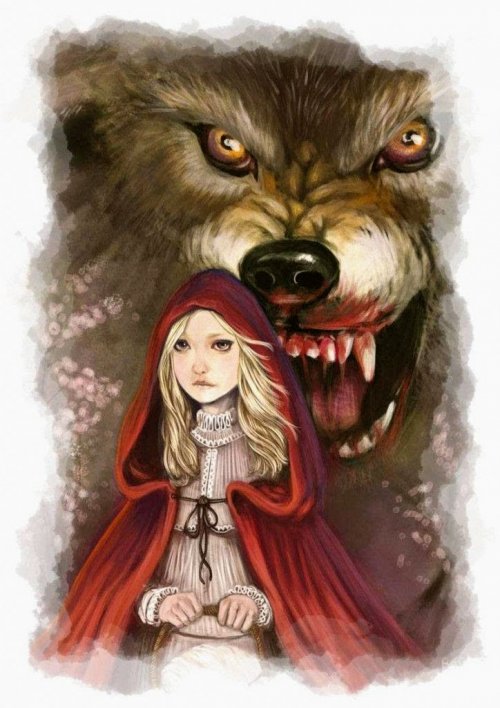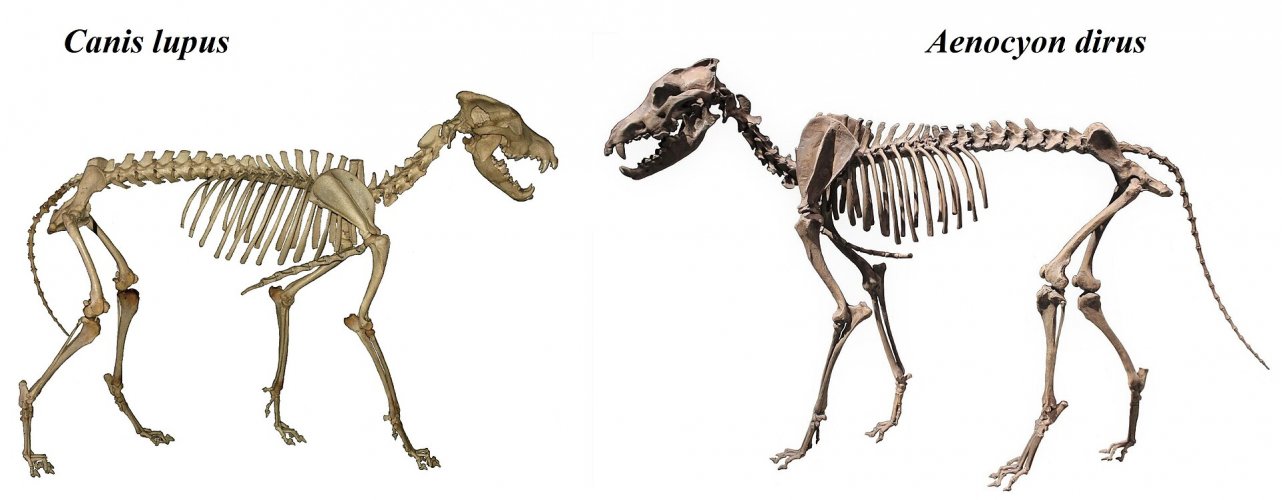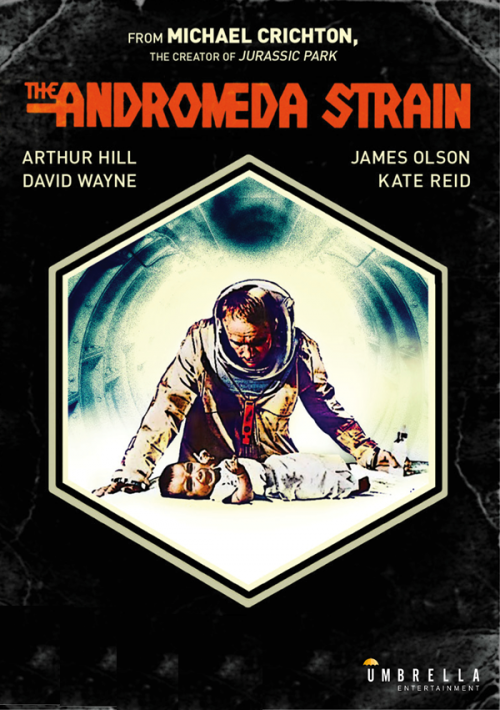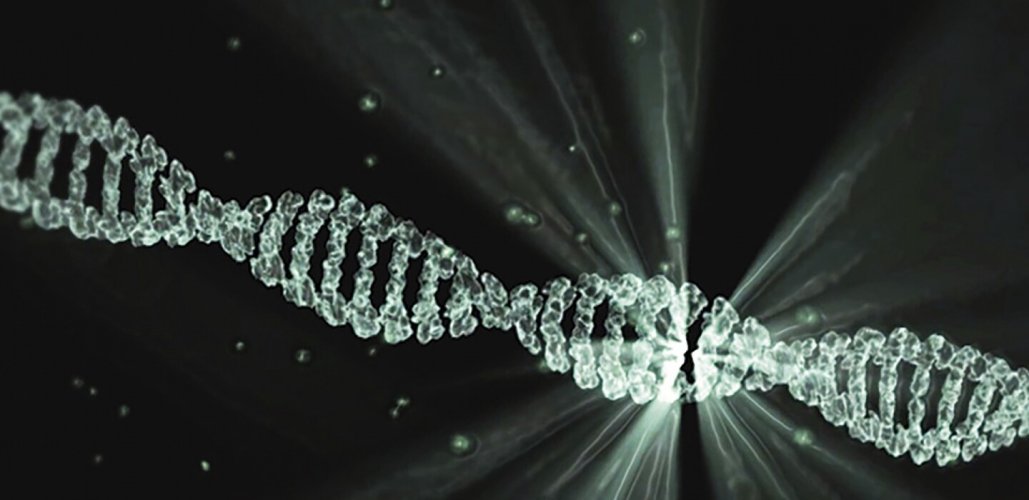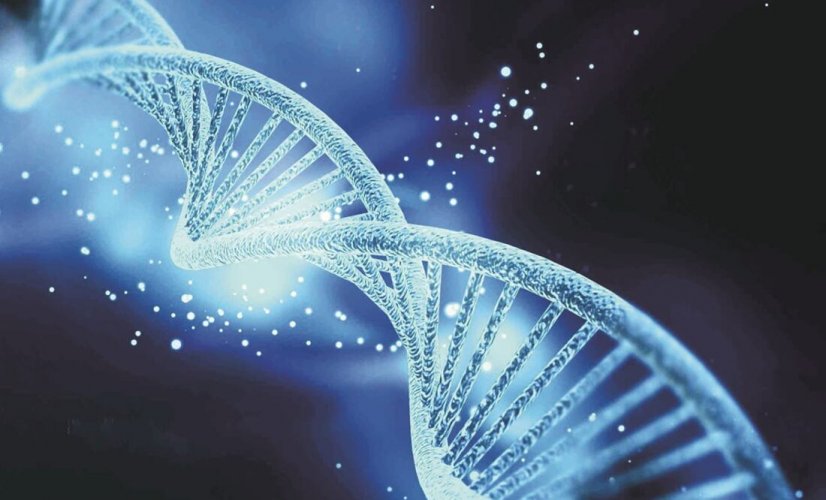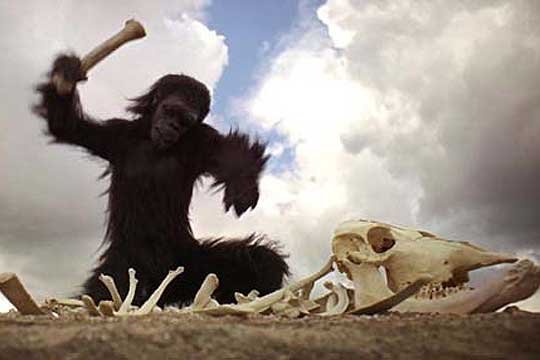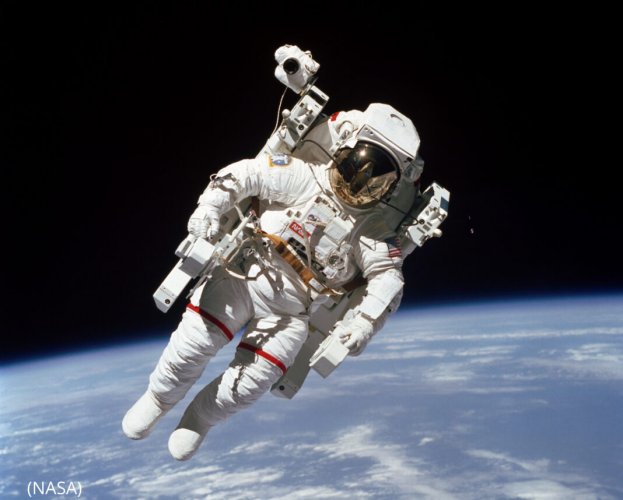Let's elaborate overf situation. Okay, we have a ancient virus in mammoth that for some reason have no close relatives now. The only reason why it might happen is if the virus was over-specialized to mammoth host, and died out with them, being unable to infect anything else.
Now, let's thaw the virus out. It's now active, it can infect... ops, it can infect only mammoth cells, because it was specialized on mammoths. And mammoths aren't exactly around anymore. The result? After some time without the preserving cold or without the mammoth host to reproduce, virus would simply degrade & fell apart.
To mutate into anything capable of infecting humans, virus need to be able to reproduce. Due to lack of mammoths, it can't reproduce, which means it can't efficiently mutate. So no chances of "suddenly mutating ancient virus".
And the situation when virus mutated to infect humans just before this particular mammoth died and got frozen is... well, so statistically improbable, that an alien invasion threat is significantly more likely.
There is no humans in lake Vostok, and never were any. Whatever is living here would have absolutely zero idea what human is (as well as what modern mammals is in general), and most likely would be uber-specialized to live in this particular cold ecosystem. In human body, it would likely immediately die from overheating, poisoning, inability to recognize any human body proteins as edible, ect.

